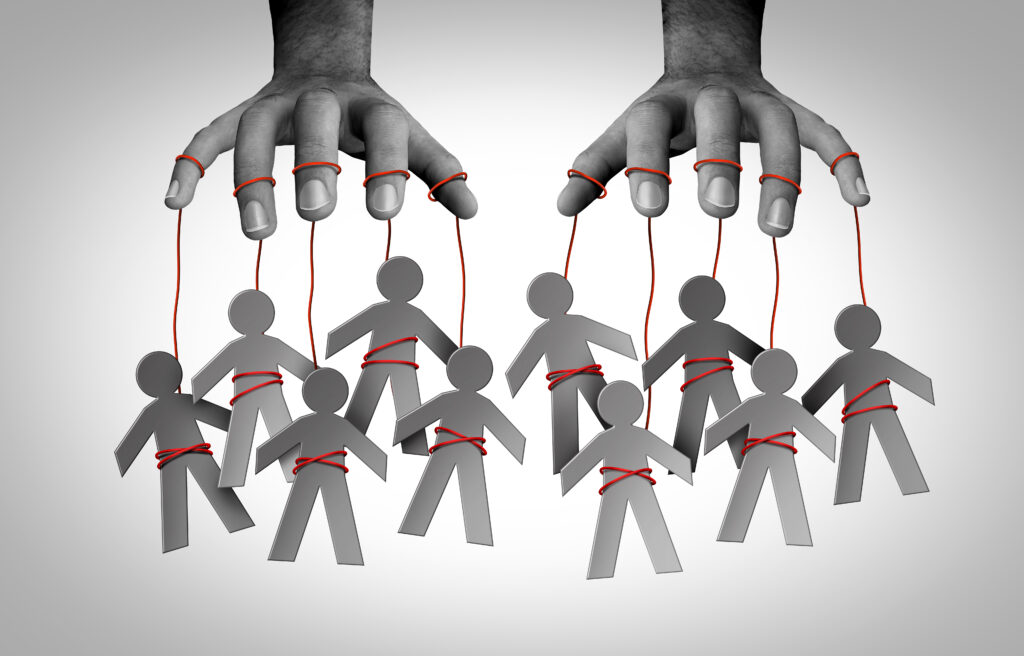We all have a little bit of narcissism in us. Who among us hasn't wanted to believe we are special, or that we deserve a little admiration for our efforts? However, when certain traits are taken to the extreme, you can wind up with full-blown NPD (Narcissistic Personality Disorder), and a person who is very difficult to deal with. It's hard to pinpoint just how many narcissists walk among us, but Cleveland Clinic's guess is anywhere between 0.5% and 5% of U.S. citizens have this disorder.
In the legal world, you might encounter narcissists more often than the average person. There could be a narcissist on the opposing counsel. Perhaps it's someone you work with day in and day out. Or maybe your client is the one who is exhibiting these feelings of superiority. Narcissists are often good at blending in, until you get to know them. Here are a few ways to spot a narcissist so that you gain an understanding of what you're dealing with.

What is a narcissist? Narcissism is a mental health condition in which someone thinks themselves highly superior to others while lacking the ability to care about anyone but themselves. NPD is a spectrum and can appear as various types of narcissism. On the highest end of the spectrum lies malignant narcissism, which can be harmful to others and negatively affect relationships.
Superiority complex. Most narcissists have a heightened sense of self-importance. They spend a great deal of time talking about themselves. If you try to talk about yourself, they will bring the conversation back around to them. They feel entitled to everything, such as your time and attention. Their hungry ego constantly needs feeding, so they try to surround themselves with admirers. Consumed by arrogance, they will often convince themselves that others are jealous of their success and brag about it; all while secretly coping with their own feelings of envy for others' success.
They despise rejection. Narcissists can be very charming--until they're told "no." Rejection is a powerful tool that drops their mask. They may get angry or use emotional manipulation tactics to try and get their way, because a narcissist likes to be in control 100% of the time. On top of rejection, they don't handle criticism (or even perceived criticism) well, either. In their eyes they can do no wrong and will become incredibly defensive.
Lack of empathy. A narcissist couldn't care less about your feelings--they are too focused on themselves. You will be hard-pressed to ever get an apology from a narcissist because to them, they will never be the one at fault. They exhibit no remorse and use relationships as tools to get what they want. This makes it very difficult for them to understand the emotions of others and forge deep bonds. Their superficial relationships might thrive, but close connections are a challenge for them. Lack of empathy is one of the biggest signs you're dealing with a narcissist. The more you get to know someone, the more obvious this can become.

You are never good enough for them. Those closest to narcissists often get hurt the most. Narcissists have a tendency to drag others down in order to lift themselves up. They might give you backhanded compliments or kick you when you're down. Everything you share with them is information that could be turned against you later. If you draw boundaries with a narcissist, you will wind up as the "villain" in the story that the narcissist spins for sympathy. Sometimes the best thing to do is to cut the narcissist off in order to prioritize your mental and physical well-being.
Employs techniques such as "gaslighting" and "triangulation." A narcissist likes to be the one in control. They will use a number of manipulation tactics in order to maintain that control. For example, "gaslighting" (a popular term that has picked up traction in recent years) is when they will manipulate a victim into questioning their own reality through repeated lies. Hearing "You're crazy," "You're always overreacting," and "I never said that" will create self-doubt within the victim and make them easier to control.
Another common technique is "triangulation," in which the narcissist seeks to turn the people around them against each other, while they happily play the role of onlooker. For example, a narcissistic father might pit his children against each other. The reward for this competition: his approval and affection. Sadly, this can tear families right down the middle and you could wind up facing the aftermath in court.
Can a narcissist change? Yes, they can, but they have to actively decide to change and seek therapy. Unfortunately, that is a very rare thing for a malignant narcissist who believes that everyone else is the problem. They will deflect all flaws onto others. It's not easy to have a narcissist in your life, but spotting the signs can help you establish boundaries or aid you in understanding what makes someone tick.



